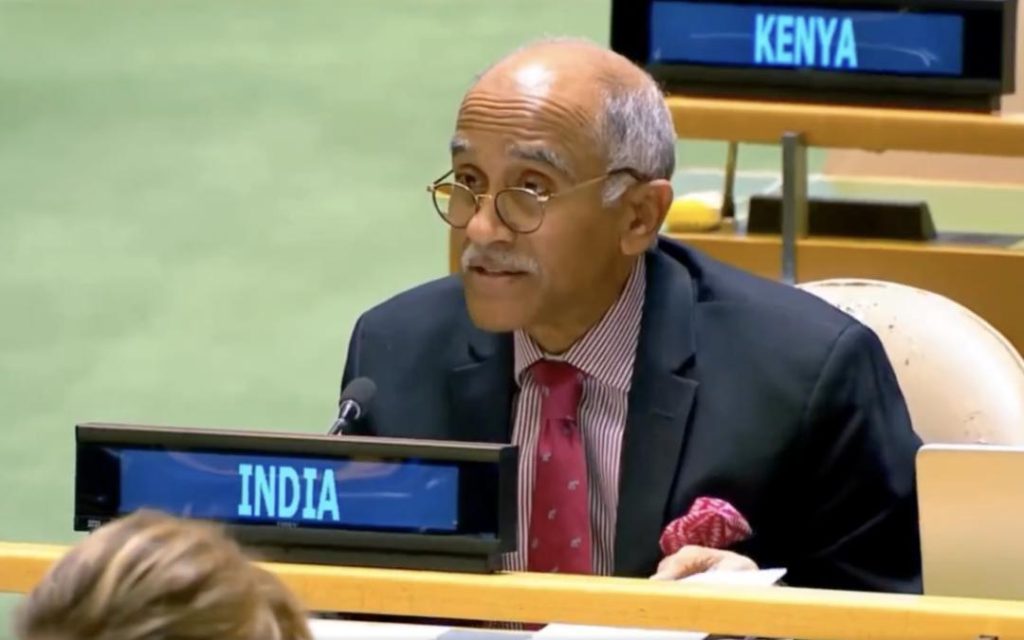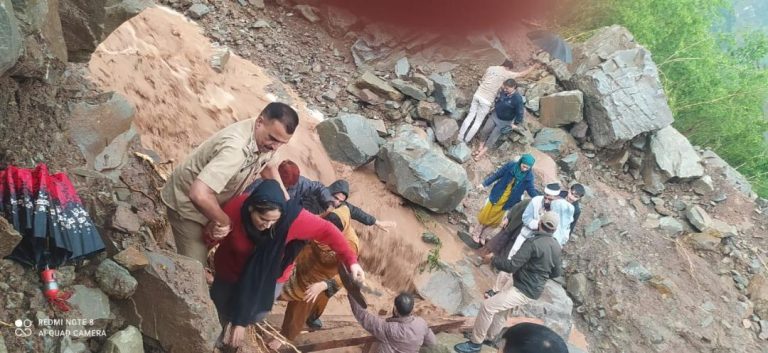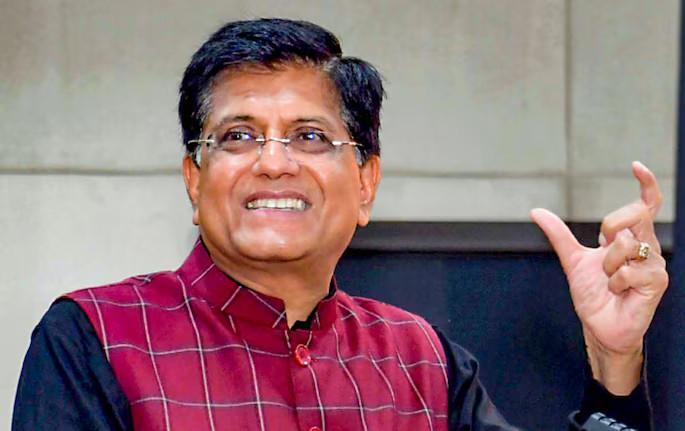
Pak’s Fanatical Mindset is Well Known: India on Pak’s Reference to J&K at UN
India’s Permanent Representative to the United Nations, Parvathaneni Harish, recently took a strong stance against Pakistan’s persistent attempts to raise the issue of Jammu and Kashmir at the General Assembly. In a scathing criticism, Harish labelled the former Foreign Secretary of Pakistan’s statement on J&K as “unjustified”, highlighting the fanatical mindset that drives Pakistan’s actions.
The statement by the Pakistani official came amidst a backdrop of heightened tensions between the two nations, with India reiterating its position on J&K being an integral part of the country. Pakistan, on the other hand, continues to push for international intervention, claiming that Kashmir is a disputed territory and that the Indian government is committing human rights violations against the local population.
Harish’s remarks were a direct response to the Pakistani official’s statement, which he deemed as “frequent references” that would not validate Pakistan’s claim or justify its continued practice of cross-border terrorism. The Indian diplomat emphasized that India’s position on J&K is based on historical facts and international agreements, and that any attempts to challenge this status quo would be futile.
The fanatical mindset of this nation (Pakistan) is well known, Harish said, adding that such statements are a reflection of Pakistan’s inability to accept the realities of the situation. He also accused Pakistan of using the UN platform to spread misinformation and propaganda about the situation in J&K, rather than engaging in meaningful dialogue to resolve the issue.
India’s stance on J&K has been consistent, with the government maintaining that the region is an integral part of the country and that any attempts to change its status would be met with strong opposition. The Indian government has also repeatedly highlighted the human rights violations committed by Pakistan-based terrorist organizations, such as the Lashkar-e-Taiba and Jaish-e-Mohammed, which have been responsible for numerous attacks on Indian soil.
Pakistan’s continued attempts to raise the issue of J&K at the UN are seen as a desperate attempt to divert attention from its own internal issues and to try and create an international controversy where none exists. India has consistently maintained that J&K is a bilateral issue and that any resolution must be based on dialogue and mutual respect.
The Indian government has also pointed out that Pakistan’s claims about human rights violations in J&K are baseless and lack credible evidence. The government has also highlighted the development and progress made in the region, including the construction of infrastructure, the provision of healthcare and education, and the promotion of tourism.
In contrast, Pakistan has been accused of perpetuating a culture of terror and violence in the region, with numerous terrorist organizations operating from its soil. The Pakistani government has consistently denied any involvement in terrorism, but the evidence points to the contrary.
Pakistan’s actions in J&K are also seen as a violation of international law, including the principles of non-interference in the internal affairs of another country and the prohibition on the use of force against another country. India has consistently maintained that Pakistan’s actions are a threat to regional peace and stability, and that the international community must take a strong stance against such behaviour.
In conclusion, India’s Permanent Representative to the UN, Parvathaneni Harish, has rightly criticized Pakistan’s fanatical mindset and its repeated attempts to raise the issue of J&K at the General Assembly. India’s position on J&K is based on historical facts and international agreements, and any attempts to challenge this status quo would be futile.
Pakistan’s actions in J&K are a reflection of its inability to accept the realities of the situation and its continued commitment to spreading terrorism and violence in the region. The international community must take a strong stance against Pakistan’s actions and support India’s position on J&K.
Sources:






